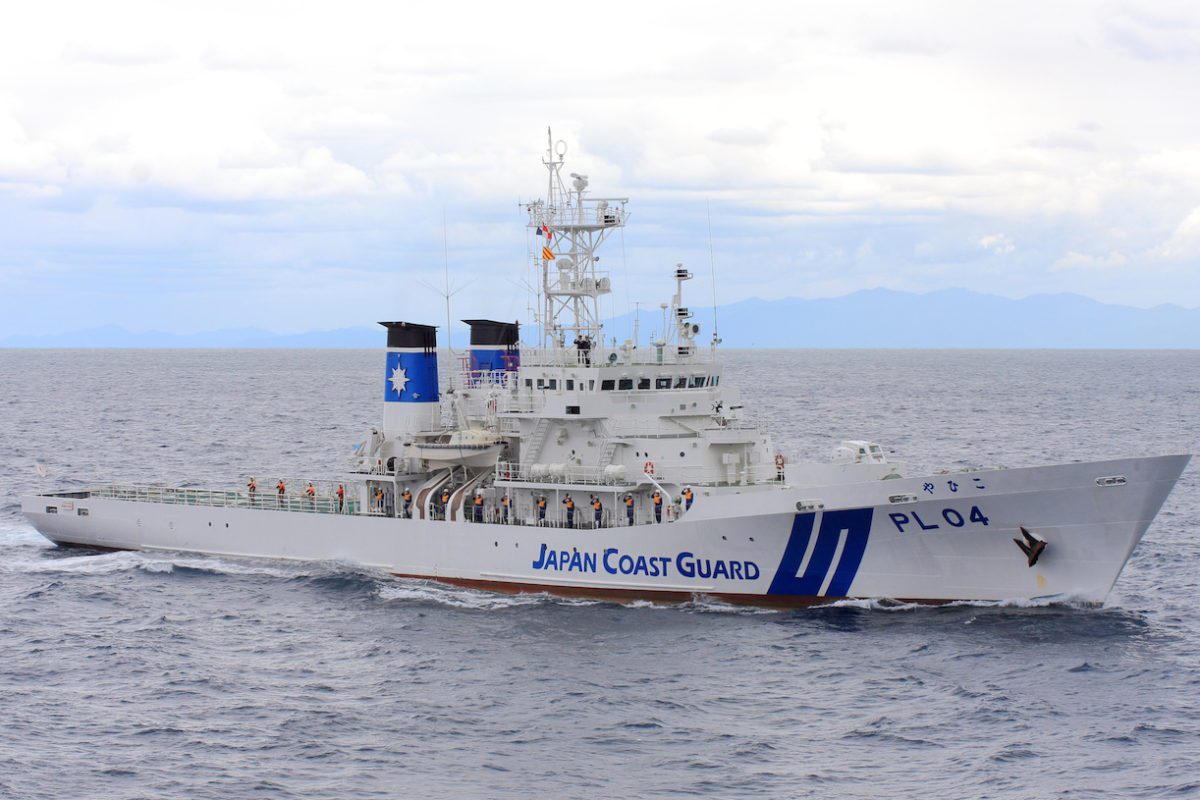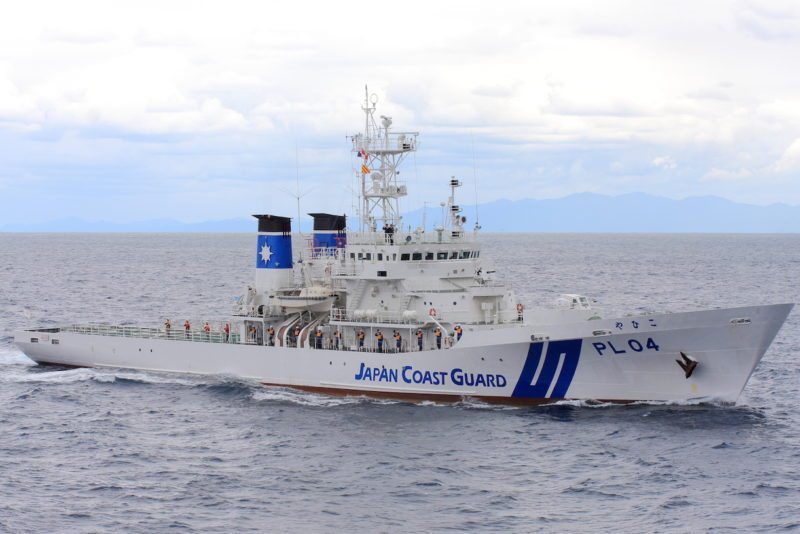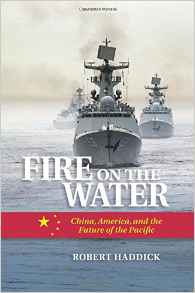President Trump Unveils ‘Trump-Class’ Battleships
President Donald Trump announced Monday the creation of a new battleship class for the U.S. Navy, marking an unexpected return to a vessel type that last saw construction nearly eight...


![]() by Manuel Mogato (Reuters) Japan and the Philippines have begun talks for the transfer of two large coast guard ships to Manila, to help patrol the disputed South China Sea, a Japanese foreign ministry official said on Friday, as part of a deal on defense equipment.
by Manuel Mogato (Reuters) Japan and the Philippines have begun talks for the transfer of two large coast guard ships to Manila, to help patrol the disputed South China Sea, a Japanese foreign ministry official said on Friday, as part of a deal on defense equipment.
The two brand-new 90-metre (295-ft) multi-role response vessels will be in addition to ten 44-metre (144-ft) mid-sized coast guard ships, worth 8.8 billion pesos ($188.52 million), that Japan is set to start delivering next week.
“Both governments are looking into the possibility of getting two more vessels, this time the bigger ones,” Masato Ohtaka, deputy spokesman of Japan’s foreign ministry, told journalists in Manila.
“We’re in the middle of dialogue between the two sides, they are still discussing details and we need a little more time.”

The ship delivery figured in an 80-minute meeting between Philippine President Rodrigo Duterte and Japanese Foreign Minister Fumio Kishida on Thursday in southern Davao City.
“We talked about how Japan can help the Philippines in capacity building, particularly with regards to maritime security,” Ohtaka added.
China claims almost the entire South China Sea where about $5 trillion worth of trade passes every year. Brunei, Malaysia, the Philippines, Taiwan and Vietnam also have claims on the sea believed to have rich deposits of oil and gas.
Japan has no claim in the South China Sea but it is in dispute with China over small islands in the East China Sea.
China says it has “indisputable sovereignty” over the area it claims and has refused to recognize the court ruling handed down last month in a case brought by the Philippines.
Japan urged China to adhere to the ruling, saying it was binding, prompting a warning from China not to interfere.
“We are very concerned,” Ohtaka said, adding that developments in the East China Sea could parallel those in the South China Sea, where Beijing has stepped up the constant presence of its coast guard ships.
Japan last week reported a flurry of incursions by Chinese vessels into waters Tokyo sees as its own near the disputed East China Sea islands it controls. China is reported to have put up radar and surveillance facilities in the area.
“It’s not getting better in the East China Sea,” Ohtaka added.
($1=46.6800 Philippine pesos)
(Reporting by Manuel Mogato; Editing by Clarence Fernandez)
© 2016 Thomson Reuters. All rights reserved.

Sign up for gCaptain’s newsletter and never miss an update

Subscribe to gCaptain Daily and stay informed with the latest global maritime and offshore news
Essential news coupled with the finest maritime content sourced from across the globe.
Sign Up